If you feel numb, like you’re in a fog, or have nothing going on – this is possibly one of the reasons. And it wasn’t just the cute little forgetful moments when you walk into a room and immediately forget why you’re there. Recovery allows you to get to know the real you and learn to love that person. You can take in every second, and not feel like your life is passing you by in a whirlwind of blurred memories. A meta-analysis of two genome-wide association studies to identify novel loci for maximum number of alcoholic drinks.
My Mental Health Is Stronger
This article discusses the meaning of sobriety and arms you with information and strategies to smooth—and stay on—your path to wellness. Living sober requires identifying triggers that could cause a relapse. Often when people relapse, they’ve attempted to quit using on their own, and then they later seek out a sober community for support or treatment.
Discovering New Activities and Hobbies
As you go through your sobriety journey, you will have good days and bad days, and setbacks are part of the journey. Identify your triggers and stressors and develop a plan for how to cope with them. This can include practicing self-care, reaching out to your support system, sober life or seeking professional help. This boost in productivity isn’t just about accomplishing more tasks, it’s about engaging more with what you want and have to do. You can start to discover a newfound capacity to pursue goals and enjoy a more active and fulfilling lifestyle.
Who Lives in Sober Living Homes?

Once you’ve been sober for a while, you may start to believe that you’re in the clear from alcohol or drug abuse, and maybe you are. No matter where you are on your sobriety journey, removing any temptations around your house is a good idea, especially during the initial abstinence period. When you’re working on how to live a sober life and what works best for you to achieve this, it’s important to remember where you used substances before you were sober.

Their process of getting sober will depend on numerous factors, including the severity of drug or alcohol use disorder and long-term goals of sobriety. Sobriety is a general term for staying away from mood- and mind-altering substances, though there is no commonly agreed-upon medical definition in terms of what sobriety means. People in recovery generally agree that abstinence is necessary but remains just a starting point for a new, sober life.
#1 Benefit of Living a Sober Life: Your Overall Health Will Improve
Many 12-step programs suggest that sobriety means total abstinence, which means never using the substance again. Other definitions, however, focus on the process of recovery and coping habits that support health and wellness over the long term. If you find it difficult to make new, sober friends, try joining a support group.
How to Live a Sober Life
- Visible changes such as clearer skin and healthier hair might start to be noticeable within a month, with more pronounced effects after several months of sobriety.
- Shame is having negative beliefs about yourself and your self-worth.
- Let’s dive into what sobriety truly means and why it might be the most rewarding decision you’ll ever make.
- Getting sober is a journey; taking it one day at a time is necessary.
Such activities not only fill your time with constructive and enjoyable tasks but also introduce you to supportive social circles that share your commitment to living substance-free. The American Society of Addiction Medicine (ASAM) defines addiction as a chronic disease that affects the brain’s reward, motivation, and memory functions. Staying sober requires a person to analyze the reasons why they were using the substance, identify their personal triggers for relapse, and avoid falling into a pattern of use again. Triggers for using drugs and alcohol typically are people, places, and things that remind you of your addictive behavior or encourage the use of substances you’re avoiding. There are common setbacks to getting and staying sober like withdrawal, craving, and pressure to use. Setbacks don’t erase progress, though, and they don’t mean you’ve “failed” to stay sober.

Best Exercises for Recovery
People in recovery from a substance use disorder frequently have problems meeting work-related responsibilities, maintaining employment, and managing money. If you were active in your addiction for a period of time, you may have developed financial problems. A therapist can help you learn new coping skills, develop new thinking patterns, and address any co-occurring mental health https://ecosoberhouse.com/ conditions that may make recovery more difficult. Research shows that if you maintain these types of toxic relationships, your chances of relapsing are greater. To avoid relapse and remain sober, it’s important to develop healthy relationships. Lasting recovery requires lasting effort, but relapse is not failure or weakness; it takes more than willpower to maintain sobriety.
It Will Increase Your Ability to Build Long-Lasting Relationships
- From remembering your why to creating healthy distractions from triggers, you can begin your comeback story right now.
- For those in recovery, it is similar to abstinence from substance or alcohol use.
- Addiction can also damage your relationships with your loved ones and cause you to lose your job or face other negative consequences.
- This is especially true since you’re likely not taking care of your physical or mental health as it is while suffering from addiction.
- As you go through your sobriety journey, you will have good days and bad days, and setbacks are part of the journey.
- Start small, listen to your body, and gradually build up the intensity of your workouts to establish a sustainable exercise habit that supports your journey to sobriety.

